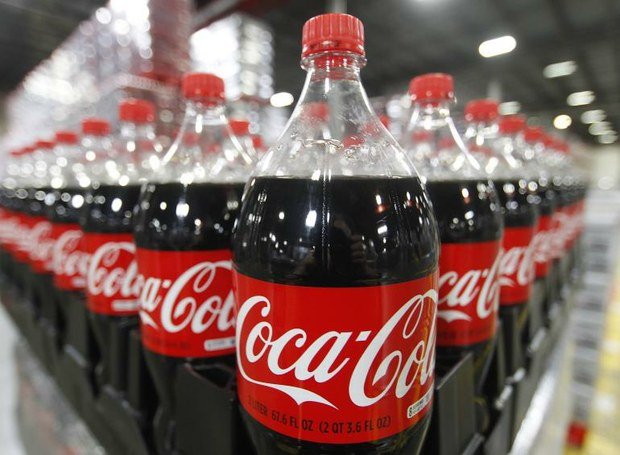In a surprising development that marries presidential pressure with consumer nostalgia, Coca-Cola has confirmed it will introduce a version of its flagship soda sweetened with real cane sugar to the U.S. market this fall. The announcement comes just days after President Donald Trump publicly claimed on Truth Social that he had personally urged the beverage giant to make the switch from high-fructose corn syrup (HFCS), framing it as a win for his “Make America Healthy Again” (MAHA) initiative.
The news was confirmed by Coca-Cola Chairman and CEO James Quincey during a conference call with investors on Tuesday, less than a week after Trump’s initial social media post. “We appreciate President Trump’s enthusiasm for our Coca-Cola brand,” Quincey stated, adding that the company plans to “expand its Trademark Coca-Cola product range with U.S. cane sugar to reflect consumer interest in differentiated experiences.”
For decades, the standard Coca-Cola sold in the United States has been sweetened with high-fructose corn syrup, a change implemented in the 1980s largely due to the lower cost of corn and agricultural subsidies. This move famously differentiated U.S. Coke from versions sold in many other countries, like Mexico and parts of Europe, which continued to use cane sugar, leading to a cult following for “Mexican Coke” among American soda purists who often prefer its taste.
President Trump’s Truth Social post last week asserted, “I have been speaking to Coca-Cola about using REAL Cane Sugar in Coke in the United States, and they have agreed to do so. I’d like to thank all of those in authority at Coca-Cola. This will be a very good move by them — You’ll see. It’s just better!” While Coca-Cola’s initial response to Trump’s pronouncement was more measured, only acknowledging his enthusiasm and promising “new innovative offerings,” Tuesday’s official confirmation validates the President’s claim.

The decision is a strategic one for Coca-Cola, even as some critics, including the Corn Refiners Association, warn of potential negative impacts on American corn farmers and jobs. “Replacing high fructose corn syrup with cane sugar doesn’t make sense,” stated John Bode, President and CEO of the Corn Refiners Association, arguing it would cost jobs and boost sugar imports without nutritional benefit.
Indeed, health experts largely agree that from a nutritional standpoint, the difference between cane sugar and HFCS is minimal. Both are forms of added sugar, provide similar calorie counts, and contribute to health issues like obesity and type 2 diabetes when consumed in excess. As Dr. Dariush Mozaffarian, a cardiologist at Tufts University, noted, “both high-fructose corn syrup and cane sugar are about 50% fructose, 50% glucose, and have identical metabolic effects.”
However, for a segment of consumers, the appeal of cane sugar is rooted in a perception of it being more “natural” or less processed, or simply a preference for its taste profile. This segment has long sought out imported versions like Mexican Coke, and Coca-Cola’s move appears designed to capture this market domestically, offering consumers more choice within its iconic brand.
This development highlights the surprising influence of political figures on corporate decisions and the enduring power of consumer preference, even when not entirely aligned with scientific consensus. While the “new” cane sugar Coke won’t replace the existing HFCS version, its arrival in U.S. stores this fall marks a significant shift, offering a taste of nostalgia and a nod to a very public presidential push.
